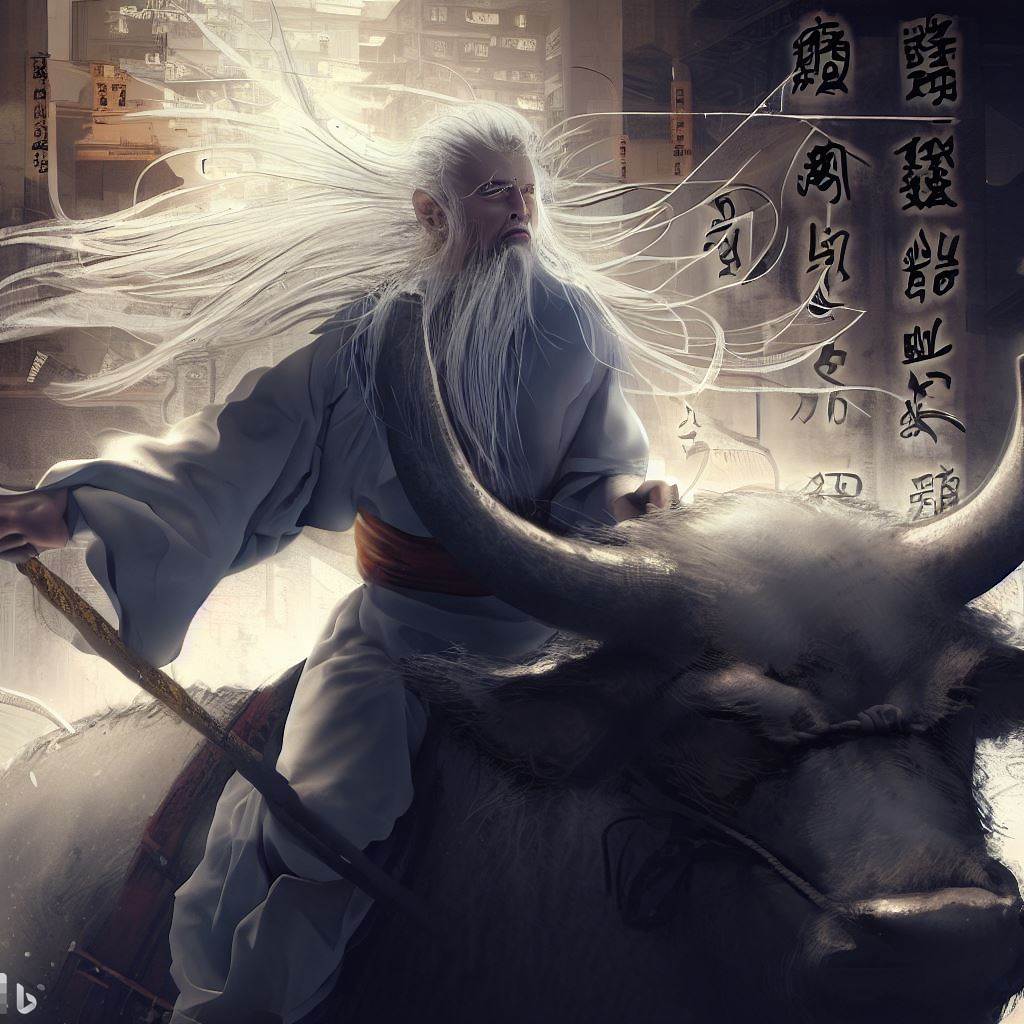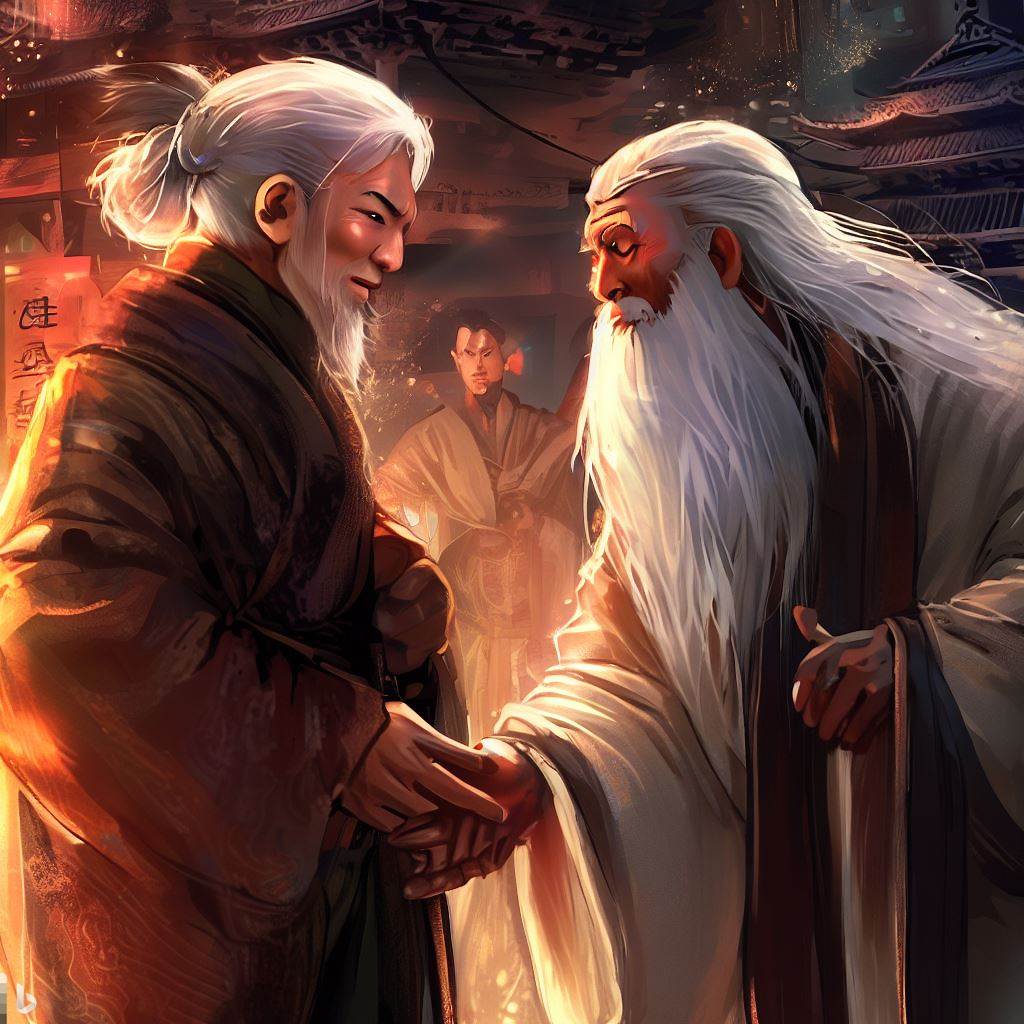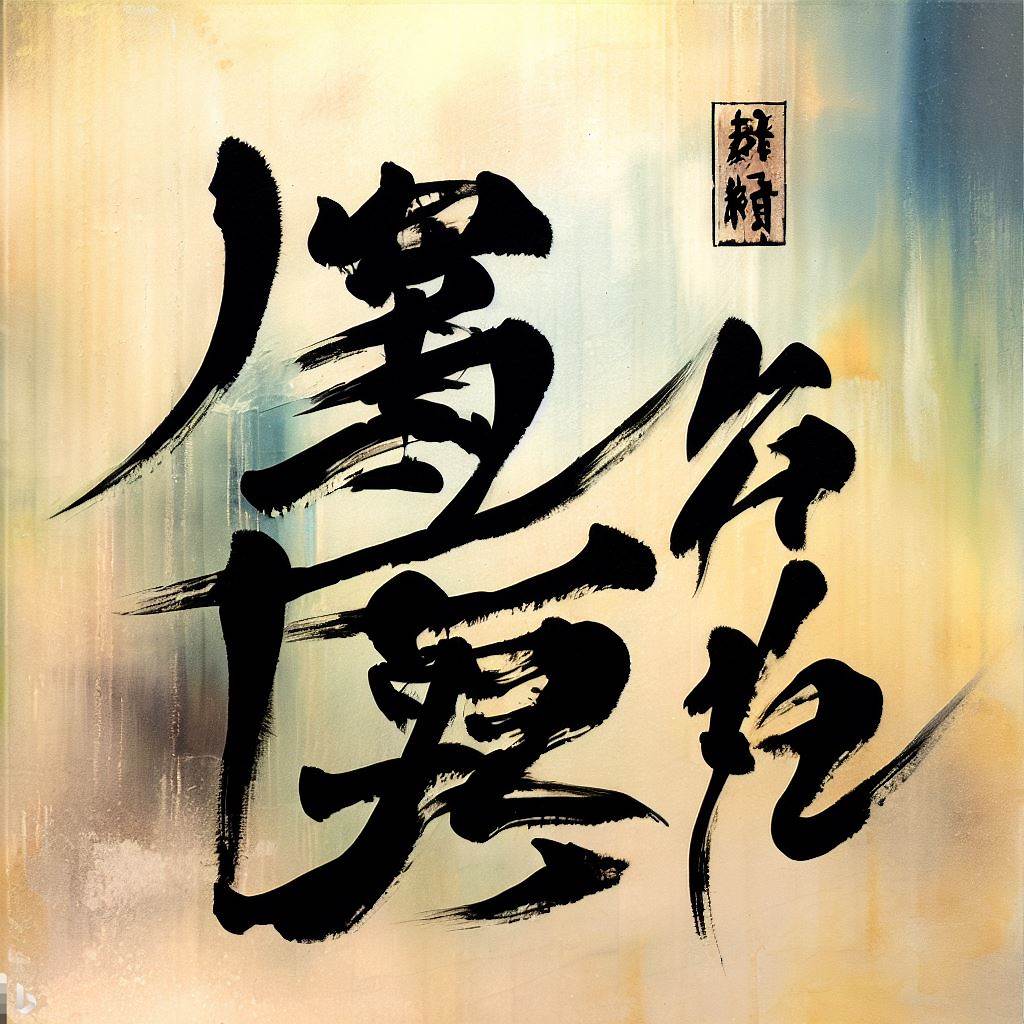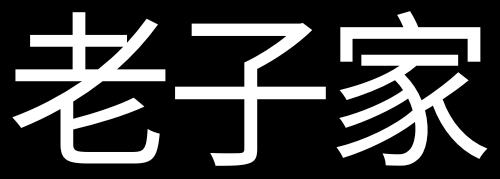
Laozi is one of the most influential and enigmatic figures in Chinese history and philosophy. He wrote the Tao Te Ching, the book of the Way and its Power. But who is he? When and where did he live? What did he teach? And how did he become a god? In this blog post, I will speak of these things and more, using words from many sources.
The Historical Laozi
According to one source, Laozi was born in Quren, a village in Chu. His family name was Li, his proper name Er, and his courtesy name Boyang. He served as a shi, a keeper of sacred books, at the court of Zhou. He met Confucius once and taught him about the Tao. He left China and went west. At the border, a guard named Yin Xi asked him to write his teachings. He wrote the Tao Te Ching in one sitting and vanished into the wild.
But this source is not certain. Some say that Laozi lived before Confucius, in the Spring and Autumn period. Some say that he lived after Confucius, in the Warring States period. Some say that Laozi was not one person but many people who wrote the Tao Te Ching together.
The Legendary Laozi
Laozi’s life is also full of stories and wonders. Some say that he was conceived by a star or a dragon and that he was born as an old man with white hair and long ears. Some say that he went to India and taught Buddhism to Siddhartha Gautama, the Buddha. Some say that he rode a dragon or an ox to heaven and became immortal or a god.

Laozi’s stories show his fame and power among different people and places in China. He was respected as a philosopher by Confucians and as a saint or god by Daoists and common people. He was honored as an ancestor by the Tang dynasty and is still honored today with temples and statues across China and beyond.
The Name and Identity of Laozi
Laozi’s name itself is also a mystery. Laozi means “the Old Master” or “the Old One” and may have been a title rather than a name. His name is Li Er may have been made up from a wordplay with his title Laozi. His courtesy name Boyang may have come from his place of living at Boyang Pavilion. His posthumous name Dan may have meant “long-eared” or “profound”. He also has many names as a god, such as Laojun (the Old Lord), Tai Shang Laojun (the Supreme Old Lord), or Tai Shang Xuanyuan Huangdi (the Supreme Mysterious Origin Emperor).

Laozi’s name and identity show his diversity and complexity as a figure who transcends historical boundaries and categories. He may have been a human or a divine being, a single author or a collective voice, or a founder or a follower of Daoism. He may have had different names or titles for different audiences or purposes.
The Influence and Legacy of Laozi
Laozi’s influence and legacy are undeniable. He is regarded as the founder of philosophical and religious Daoism, one of the major traditions of Chinese culture. His work, the Tao Te Ching, has inspired countless commentaries, interpretations, adaptations, and translations. It has also influenced other schools of thought, such as Legalism, Buddhism, Zen, Neo-Daoism, and even Western philosophy.
The Tao Te Ching is a short but profound book that teaches about the Tao, the Way of nature, and harmony. It also teaches about wu wei, the action of non-action or effortless action. It also teaches about de, the power or virtue that comes from following the Tao. It also teaches about many other things, such as simplicity, humility, compassion, moderation, and balance.
Here are some verses from the Tao Te Ching that show Laozi’s style and wisdom:
The Tao that can be told is not the eternal Tao;
The name that can be named is not the eternal name.
The unnamable is the eternally real.
Naming is the origin of all particular things.When people see some things as beautiful, other things become ugly.
When people see some things as good, other things become bad.
Being and non-being create each other.
Difficult and easy support each other.
Long and short define each other.
High and low depend on each other.
Before and after follow each other.The Master does his job and then stops.
-Laozi, from Tao Te Ching
He understands that the universe is forever out of control and that trying to dominate events goes against the current of the Tao.
Because he believes in himself, he doesn’t try to convince others.
Because he is content with himself, he doesn’t need others’ approval.
Because he accepts himself, the whole world accepts him.
Laozi is a fascinating and complex figure who has shaped Chinese culture and thought for centuries. He may have been a historical person, a legendary hero, a collective name, or a divine being. He may have written the Tao Te Ching or not. He may have taught us about the Tao or not. But what matters is that his words and ideas still resonate with us today and inspire us to seek harmony and balance in ourselves and the world.
